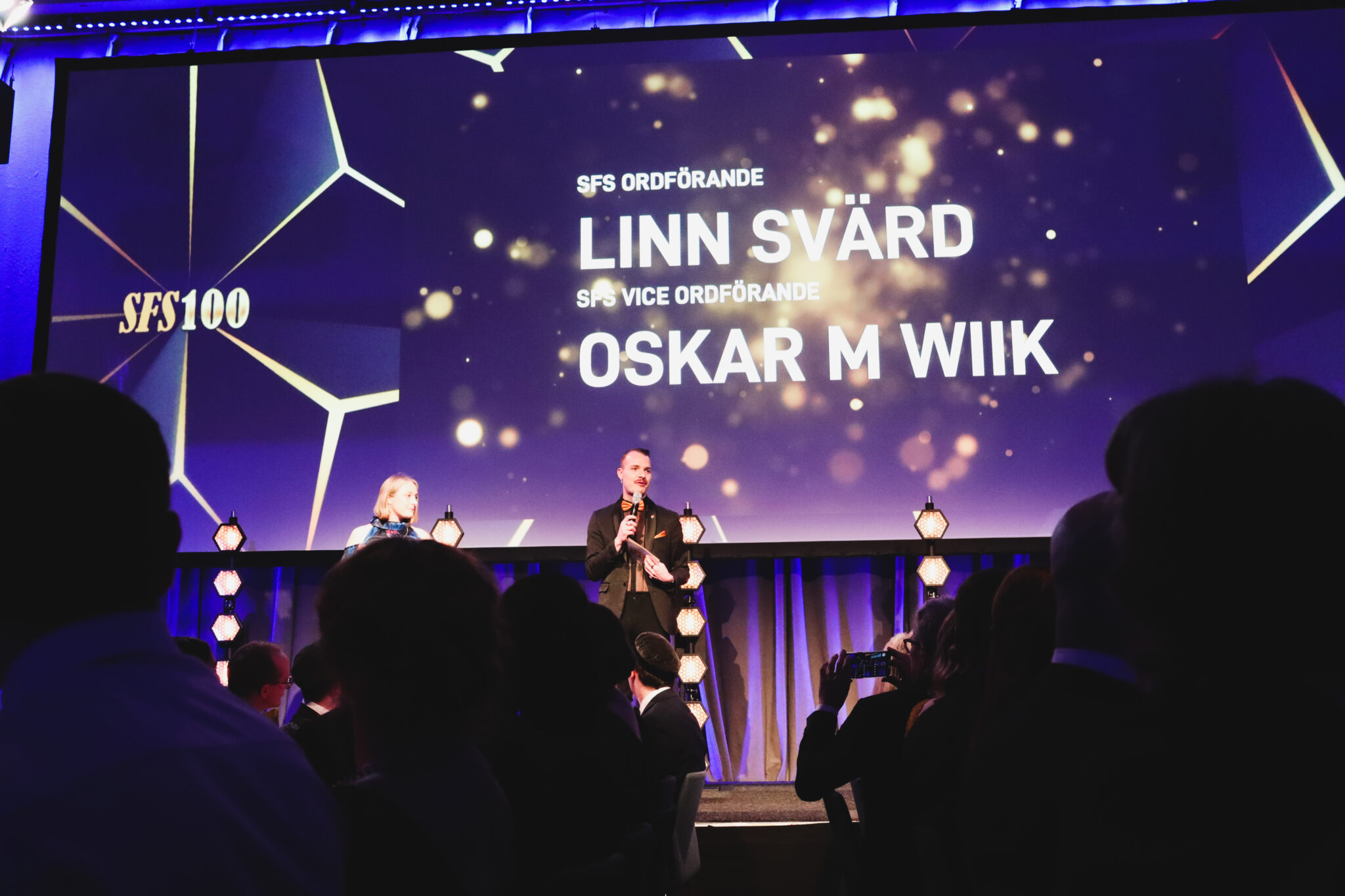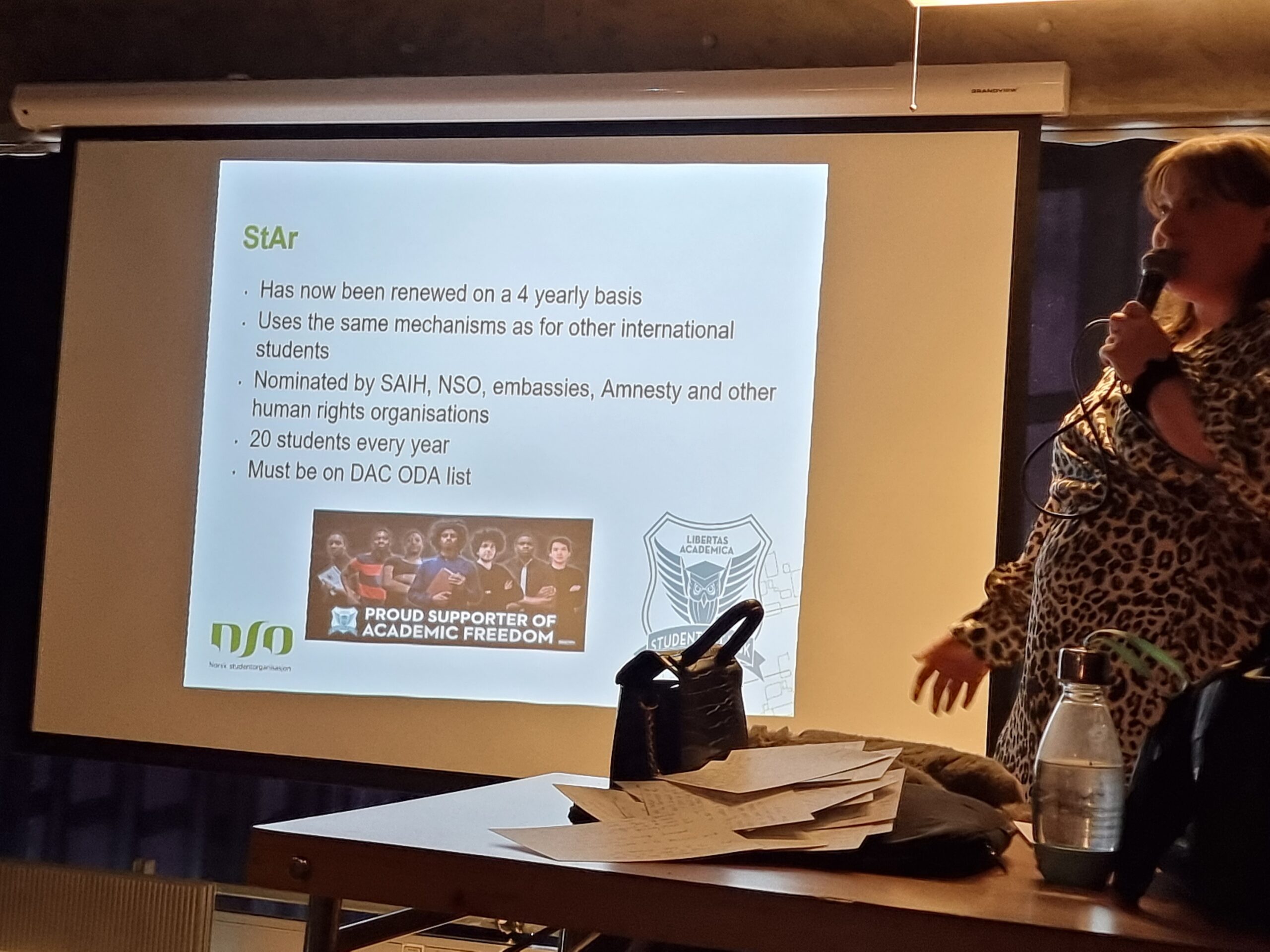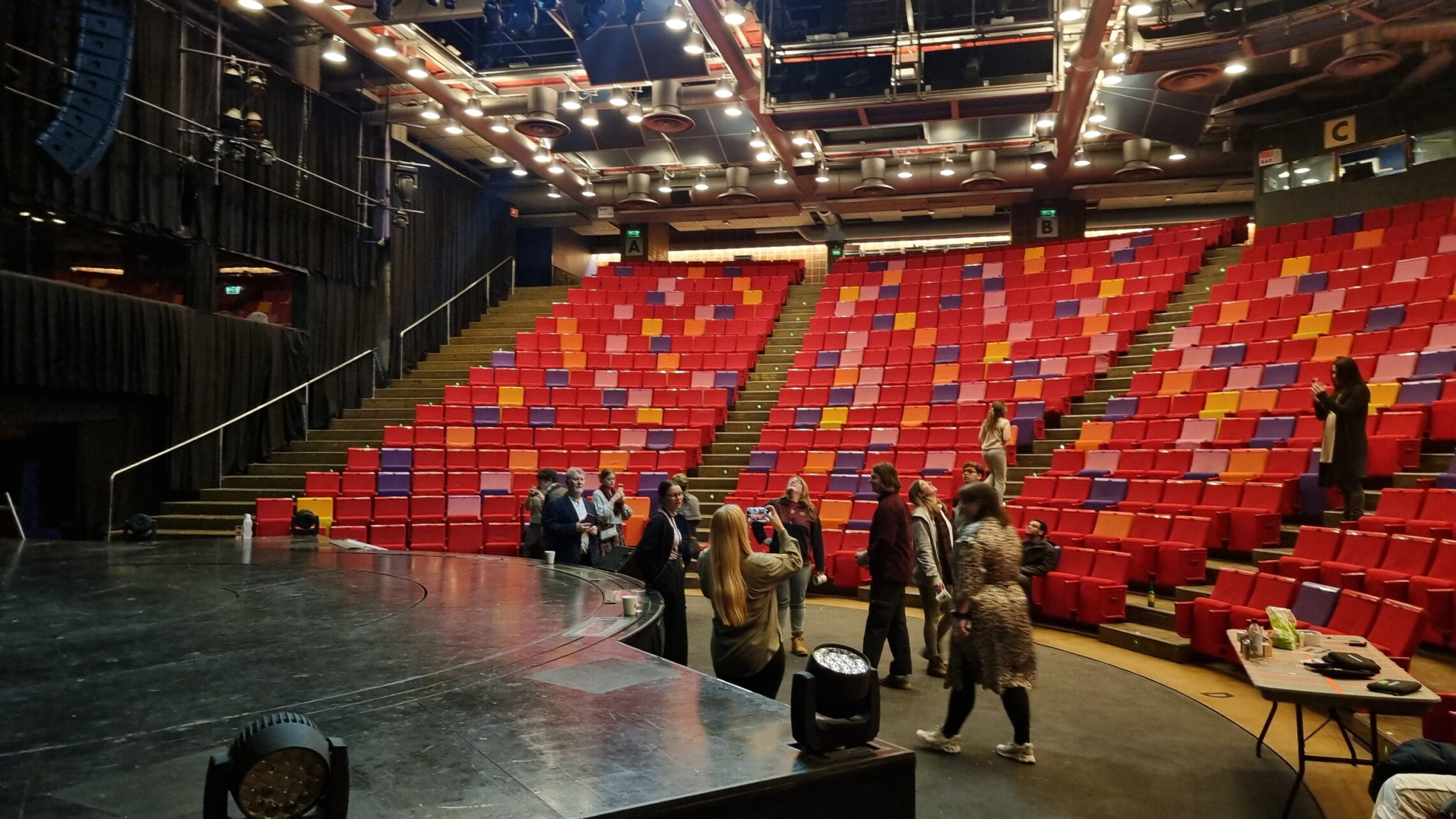If you’re a student in Sweden you are pretty much equated with employees in the country’s Work Environment Act – a piece of law that refers to the physical, psychological and social conditions that employees and students should experience.
The result is that across the country through SUs and their constituent subject, faculty and department associations, something called studerandekyddsombuds (student protection officers) are elected, who monitor everything from bullying and harassment, disability discrimination and physical safety like lighting on campus.
Once a year SFS (Sweden’s version of NUS) then runs a national training event for the reps, covering the connection between study environment and mental health, what the laws and regulations for the “work environment in higher education” actually cover, racial and sexual harassment and how to be effective as a student safety representative.
It’s (yet) another example of the way in which rights rather than just student wants are enshrined in the Scandinavian countries, and an example of the way in which important duties that improve things for students are distributed into roles across the student body – rather than just dumping everything on sabbs or course reps, as is now the grim tradition in the UK.
Not that kind of timepiece
Day Four of the Wonkhe SUs study tour around Scanndinavia brought us some snowblindness in sunny Örebro, Sweden’s sixth largest city and home to the Örebro studentkår Kårhus – a completely volunteer student run venue that features a restaurant, a café, study space, bookable rooms, three bars, two dancefloors and a club night called “Time Beer Thursdays” where the time of the hour decides the price of the drinks.

Student volunteers can take a course to become a DJ, join the management group of the cafe component or join the baking group, where much of the stock that’s sold during the week consists of homemade dishes and pastries that students bake on site on Sunday afternoons – naturally everyone who participates gets to taste what has been baked in this ultimate version of “social enterprise”.
Maybe the student funding situation wouldn’t sustain such a strong volunteer culture in the UK, but there’s no particular reason why we can’t drive much more imaginative roles for student staff in management, innovation, governance and delivery of SU services.
Royal approval
Just as NUS is 100 years old this year, SFS was 100 last year – when the pandemic put paid to some best laid plans for a celebration. SFS pivoted into organising a series of fascinating online seminars on student housing, doctoral students, academic quality and the role of student influence in the future – and its rescheduled anniversary dinner (sponsored by an affordable student housing company and a trade union specialising in graduate professional roles) attracted the minister of education, guests from Norway, Denmark and Finland and even the Crown Princess Victoria:
You, who are committed to students’ conditions. You, who choose to invest your time and energy in creating change in a democratic way. You, who advocate for your peers, and who nurture the trust that it entails. You are an asset to our country!

Reclusive bingeing
Our final formal stop on the trip was Oslo, where a building called “Chateau Neuf” acts as the city’s students’ own cultural centre. A 1,000 seater theatre, a cinema, several smaller stages and space to study and run associations are all run by the Norwegian Students’ Society, who have all sorts of strange traditions that we were really too tired to understand:
Every four years, His Majesty the Pig writhes out of his whimsical reclusive binge at Norges Bank and orders with high grunts and determined snowflakes that there should be a piggy bank in honor of His Majesty the Golden Pig and to the great delight of generations of academics and community leaders. What is the background to this somewhat quirky but so historic event?

In an inspiring talk from one of the Norweigan NUS’ six sabbs, not only did we discover that NSO lobbying had caused 1000 fully funded places for Ukrainian students fleeing the country (no mean feat in a country so small), we also heard about Students at Risk (StAR) – a programme that gives students who have experienced persecution, threats or expulsion from their university because of their peaceful activism and fight for human rights and democratic change, a chance to finish their education abroad.
The idea is that with an academic degree and an international network, these students are better equipped to continue the fight for human rights and democracy in their own country. It really would be amazing to see students’ unions lead that kind of work in the UK.
No way no way, ma na ma na
But it was probably the arrangements for student representative remuneration and the student welfare organisations in Norway that blew our mind the most. In Oslo for example Studentsamskipnaden SiO, costs students about 700kr (about £60) a semester. Backed by a student-led board, it runs housing, sports, health, counselling, cheap cafes and restaurants, child care, clubs and societies and even careers advice.
We might recoil in principle at the (extra) cost that gives a little lie to the idea that education is free in Norway, and we might wonder about the kind of pillar to post lack of coordination that there doubtless is between careers or counselling and the university. But the level of student involvement in their own service company – that is now so big that Oslo also has a separate student welfare council whose four sabbs represents students to that company – is inspiring.
Why do we think that universities make good housing associations or that VCs make good catering managers anyway – wouldn’t it be in students’ interests to have those services separately governed? And are there opportunities for SUs to develop their own membership fees for these kinds of subsidiary companies that would augment the university grant in a new way?

But as ever it was back on student representation where we got the final wow moment of the trip. Because the law says that the chair of the university board and its board members are entitled to reasonable remuneration, that principle gets extended to any student on any body fulfilling the “at least 20% membership” condition of all university decision-making meetings.
And students get paid not just for the meetings themselves, but prep-time too – all at a rate set by the government. It’s all in stark contrast to the UK where we plonk sabbs on every committee going, or cause volunteer students to be the only person in the room to be the one that isn’t paid – and a signal of how seriously student influence is regarded in Norway.


















